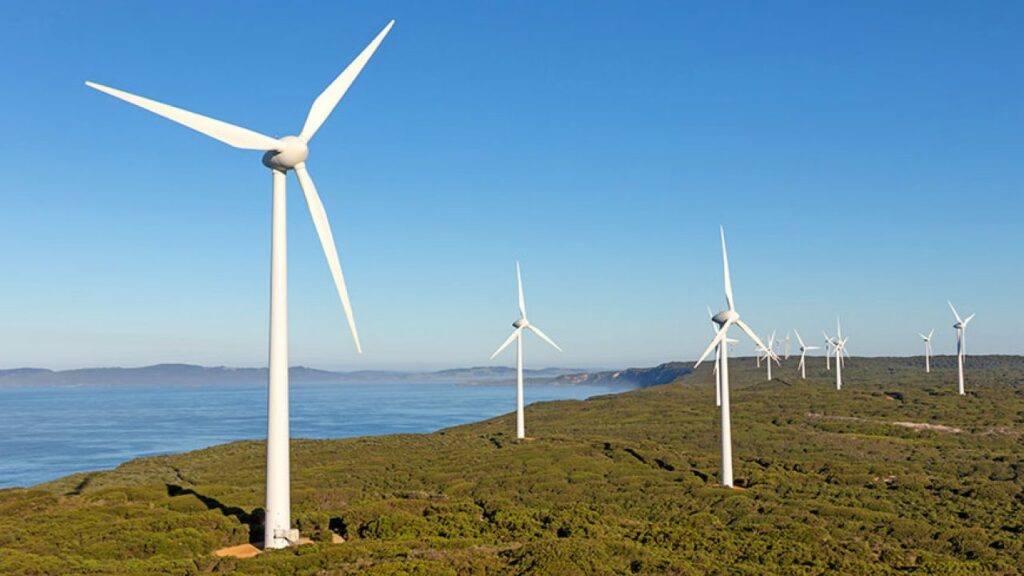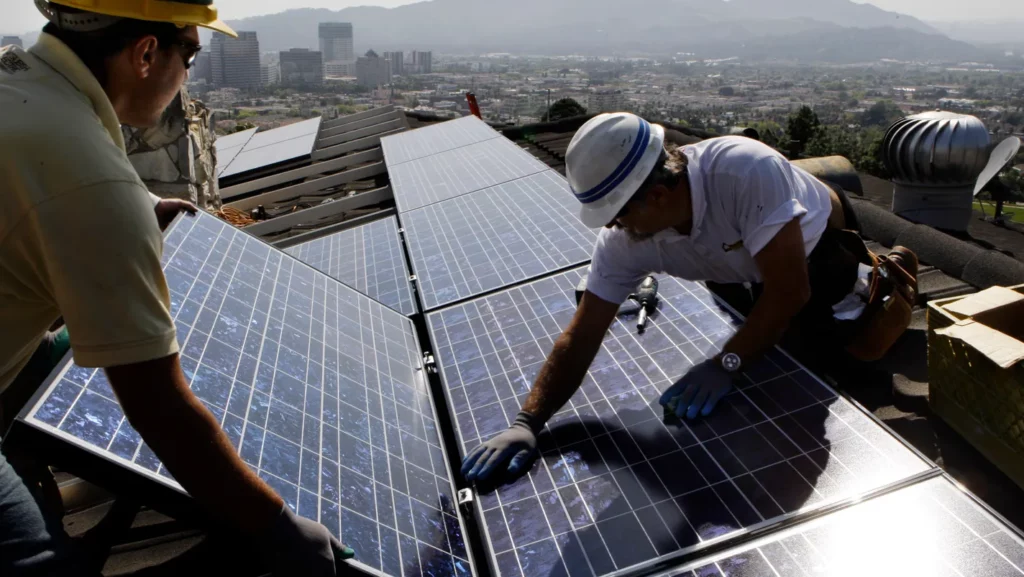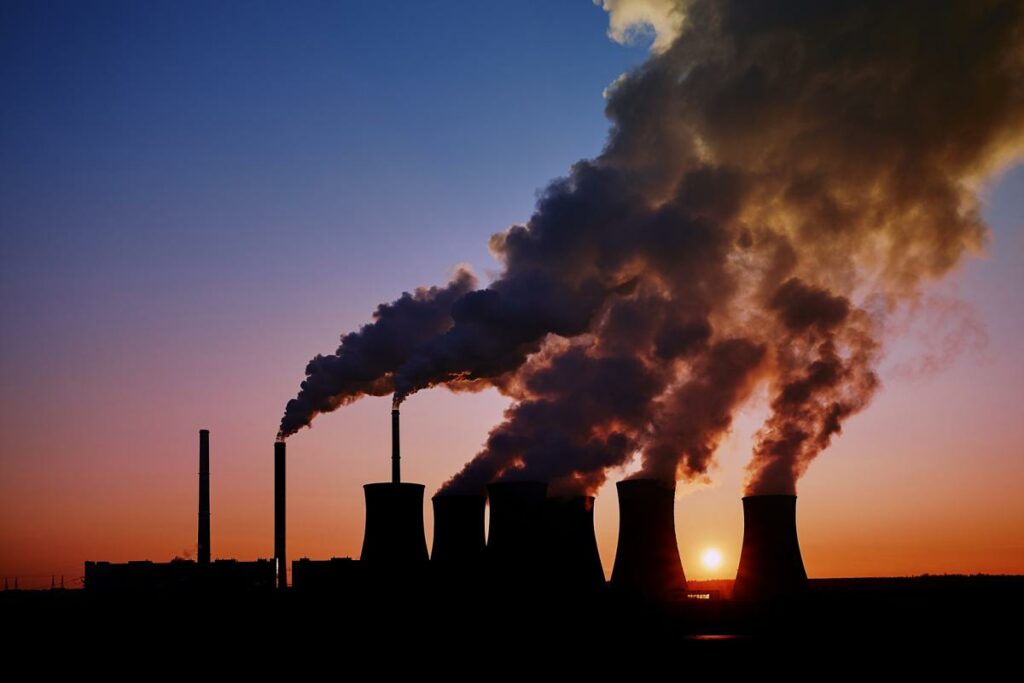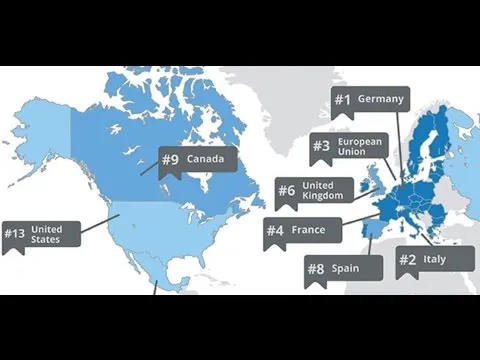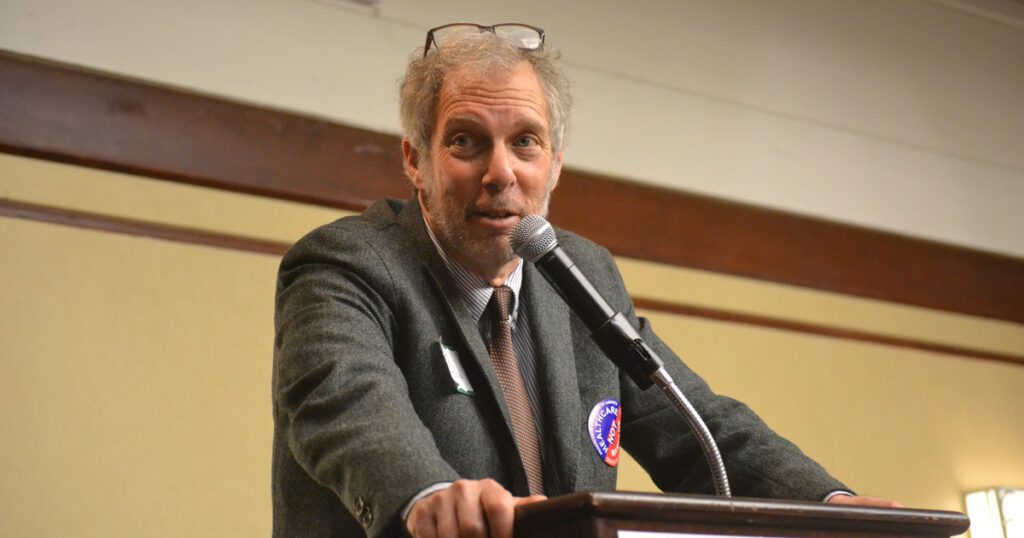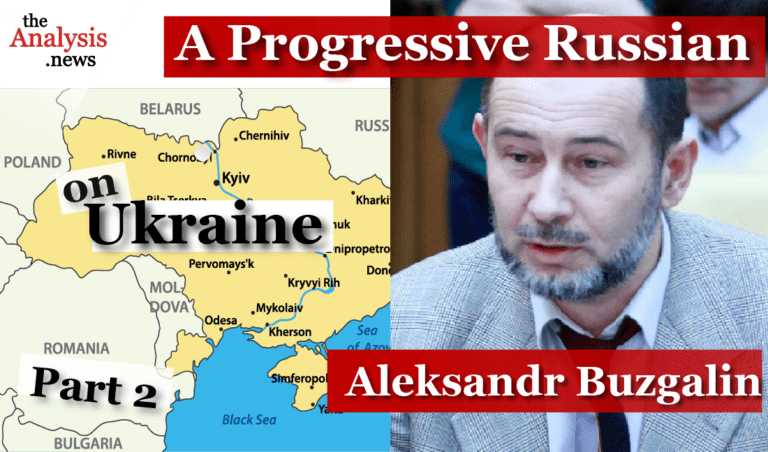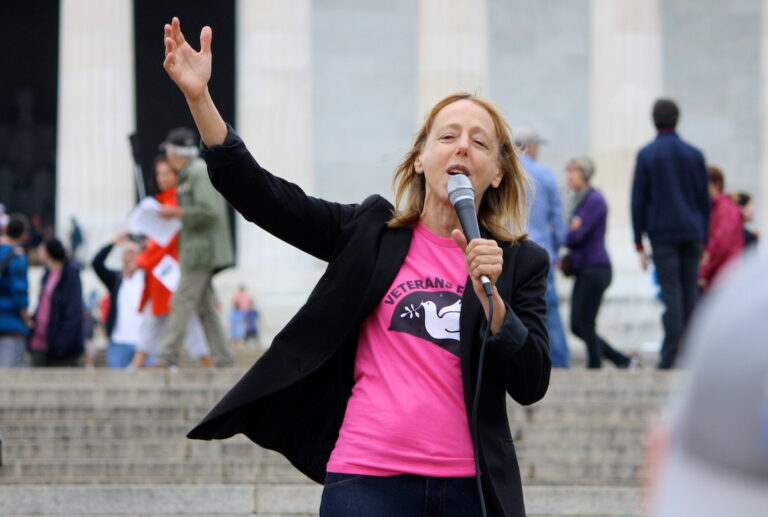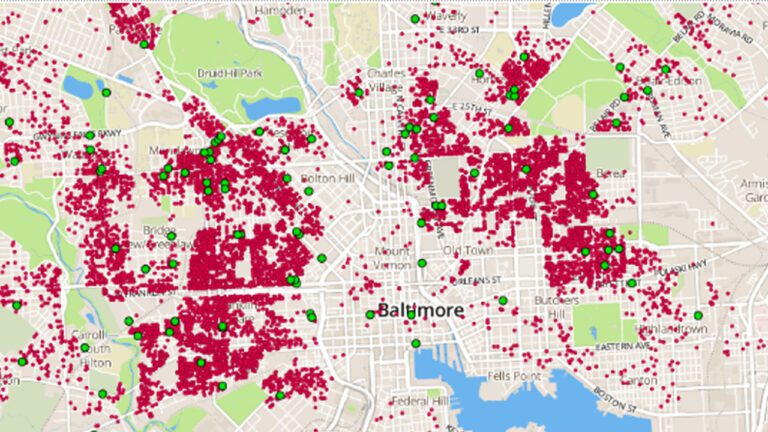On Reality Asserts Itself, Mr. Pollin says the politics around climate change has deteriorated; a few years ago even President Bush and Senator McCain were both talking about measures to increase energy efficiency and reduce carbon emissions.
This is an episode of Reality Asserts Itself, produced January 13, 2015.
STORY TRANSCRIPT
PAUL JAY, SENIOR EDITOR, TRNN: Welcome back to The Real News Network. I’m Paul Jay, and this is Reality Asserts Itself. We’re continuing our discussion dealing with all kinds of issues relating to developing a new green economy. We’re joined again by Bob Pollin. Thanks for joining us, Bob.
PROF. ROBERT POLLIN, PERI CODIRECTOR: Hi, Paul.
JAY: And once again, Bob is codirector of the PERI institute at Massachusetts (Amherst), and he is also author of global green growth, which is a big report where you have modeled how to get to a green economy. And where do people find this anyway, this report?
POLLIN: Okay. So I have two reports and I have–I want to say I have wonderful coauthors on both of the reports. So the Green Growth, which was put out by the Center for American Progress, is online. So you just type in “green growth robert pollin” and you’ll get there. Global Green Growth is not quite out yet. It’ll probably be out in a matter of two, three weeks. So that would be out. You can find them both at the website of our institute, Political Economy Research Institute.
JAY: Okay. Alright. So I’m going to quote–.
POLLIN: Can I just mention my coauthors’ names?
JAY: Oh. Yeah. Please.
POLLIN: So my coauthors in both studies are Heidi Garrett-Peltier and James Heintz. For the domestic green growth study, a fourth coauthor is Bracken Hendricks. And in the Global Green Growth, the fourth coauthor is Shouvik Chakraborty.
JAY: Alright. Good. So Bob now feels that he has properly shared credit.
POLLIN: Which is well deserved.
JAY: Yeah, I understand. Alright. So I’m going to quote Bob Pollin, who told me in conversation, ’cause–and you may have written this, but I don’t know. But you told me in conversation that John McCain had a version of cap and trade, and if it had passed, it would have been a major achievement. But everything I’ve ever heard about cap and trade is that it’s essentially a way to financialize the problem. It’s a way for Wall Street to create kind of a new kind of derivatives market of one form or another, and people are going to–like, another big boondoggle, really, in most examples I’ve seen, with the exception of California, I understood, that had a cap and trade that kind of worked ’cause it all stayed within California. But as soon as the trade part goes international, it’s impossible to regulate. And I think cap and trade is you’re allowed this much emissions you have to cap, but you can have higher emissions if you, for example, pay someone to plant trees somewhere or somehow someone else reduces emission because you pay them to reduce emissions, and then you can be at a higher level. So if you’re doing coal, you actually may not have to reduce your coal at all if you’re willing to keep paying someone else to reduce. The problem is: how do you actually make sure the reduction is real? So why do you think it would have been achievement if most of this stuff looks like it’s smoke and mirrors?
POLLIN: Okay. Well, thinking about it politically, keep in mind John McCain was the presidential candidate of the Republican Party in 2008. The Republican Party today basically, as we’ve discussed, denies that there’s any problem at all. So it’s just important as a marker to show where the Republican Party was around climate change issues not that long ago, okay, eight years ago or less.
JAY: So the influence of, we know, the Koch brothers and others in the Republican Party is now they can’t even talk about that.
POLLIN: No. I mean, now, as I said, I mean, what they now say, the Republicans, they don’t want to say that they’re climate change deniers. They say, well, what do I know? So I’m not a climate scientist. So let those scientists debate it out. Meanwhile, there’s going to be no progress, whereas McCain himself was advocating something which would have been significant relative to where we are today. George Bush signed a law that would have reduced emissions in buildings, in the federal buildings, by 30 percent. That was in 2007. The Republicans were for it. So in terms of the politics, there has been massive retrogression. And that means that we can also go back to a more positive framework, even including the Republicans.
JAY: Why does that mean that? Because what–.
POLLIN: Well, it wasn’t that long ago–.
JAY: No, but we know what happened here is we know that the fossil fuel industry threw enormous amounts of money at creating a section of the Republican Party that won’t allow this and changes in the election financing laws that made it even easier to do all of that, and that ain’t getting undone any time soon.
POLLIN: Well, something. I mean, there has to be effective political struggle. And one of the parts of the political struggle is to remind people that George Bush signed this law, that John McCain supported a cap law. Now, what about the cap and trade part? Now, to me, let’s just speak general principles first. If you can reduce emissions 3 percent per year, then I don’t particularly care about the trade part, whether it was good, bad, indifferent. That’s–to me that’s secondary.
JAY: But if the trade part’s ineffective, you’re not reducing.
POLLIN: Yes, yeah. So the issue with the trade part is whether it renders the cap ineffective, whether it just makes it so easy for people to get around it, and whether you can’t even adequately monitor whether you are getting emissions down by 3 percent. So, yeah, I completely–.
JAY: I mean, I’ve seen some studies of European cap and trade, where somebody went, like, to Northern Africa and actually looked at some of the offsetting offsets, and it turned out mostly to be nonsense, and most of the projects that were the offsets in fact were already planned–they would’ve happened anyway. Most of the offsets would have happened anyway. So the trade part–. But the point is it matters to say whether it’s regulation or trade, ’cause so far, trade seems to be nonsense.
POLLIN: Right. So the real issue is, okay, as in California, the law says 3 percent reduction in emissions per year. Can we observe that happening? That’s critical. And if having a trade part prevents you from even monitoring it, then, yeah, get rid of the trade.
JAY: Is the California trade allow international [sic]? Or is that just within California?
POLLIN: I’m not sure.
JAY: Okay, ’cause that’s a big deal, ’cause if it’s within California, you might be able to regulate it, but if it’s not, then it’s kind of meaningless.
POLLIN: Now, the other part with a carbon cap or a carbon tax, either one, it’s going to raise the price of oil, coal, and natural gas. And that’s going to hurt low-income people. Rich people won’t even notice it. Low-income people will, and that is going to be a hardship for them. And that’s, again, a reason as to why they might be against the whole green thing is that, well, yeah, the rich people, they’re all fine, they don’t even notice it, but it’s going to reduce my standard of living by 10 percent, ’cause I still have to pay for home heating oil, I still have to drive my car to work. So one of the arguments for, like, a cap is to include this so-called dividend idea, which is the revenues generated by selling carbon permits or by having a carbon tax get redistributed back to people on an equal share, everybody gets the same amount back, so that the net effect in terms of just money is going to be positive for most people.
JAY: Yeah. I’ve always had trouble making sense of this, ’cause it seems to me that unless there’s price regulation, these energy companies will simply raise their price by the amount they have to pay for the permit. So even if you get it back, you’re back in–what’s the point of it all?
POLLIN: Well, let’s say the price goes up, but then an increasing share of that price is going to be taxed, and then the money goes right back to everybody.
JAY: It seems, like, kind of convoluted. Like, you’d think they should, like–.
POLLIN: It–yeah. It’s a way to recognize–again, the fact is that any–if you’re going to raise fossil fuel prices, it’s going to hurt low-income people.
JAY: Well, the one way it could hurt less is if you pay for permits, I suppose. But I would regulate and tax and then put that money into real subsidies to make houses and such more efficient.
POLLIN: Right.
JAY: Then the thing actually makes sense [crosstalk]
POLLIN: Yeah. Yeah. So that’s–you know. So I would argue that that should be a big part of the agenda. If you’re going to have revenues from a carbon tax or a cap, put that into making solar energy really cheap, put that into making efficiency completely available to everybody. And you get your big savings that way. So I would say some combination of the two things.
JAY: And, again, the point is this could happen at a state level. You don’t have to wait for the feds.
POLLIN: All of this could happen at–or even the municipality level. Cities, they are wasting taxpayers’ money by running buildings inefficiently.
JAY: Okay. So in the next segment of our interview, we’re going to talk about private versus public. Should it be primarily a public initiative to get to green? Or should it be private or some mix thereof? So please join us on Reality Asserts Itself on The Real News Network.

